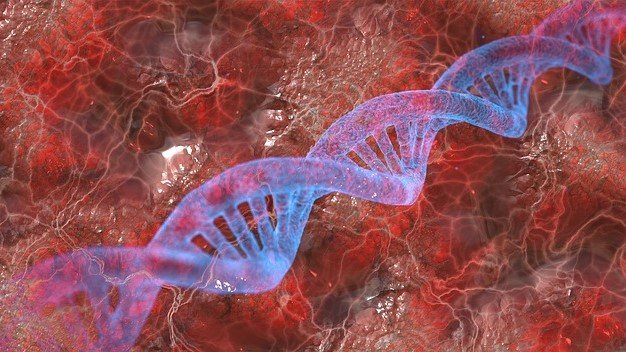Read in : தமிழ்
One of the wonders of science is the discovery of the genetic code that describes life and life functions. Genes regulate the production and deployment of proteins in the body. Genetic research shows that this is at the core of life itself.
Gregor Mendel, an Austrian biologist, was the first to come up with a framework for genes through formulating the rules of heredity. Subsequent research over many decades established genes in humans.
 Only since 2003, however, the human genome has been fully known with the successful completion of the Human Genome Project. The data accumulated has helped researchers discover many elements in humans that are genetic.
Only since 2003, however, the human genome has been fully known with the successful completion of the Human Genome Project. The data accumulated has helped researchers discover many elements in humans that are genetic.
Differences between men and women, assumed through observation for thousands of years, have been evaluated now. Genetics teaches us that while male-female differences are a biological speciality, they have no bearing for an evaluation of who is superior. Genetics is also showing that immunity in humans is a unique gift of nature.
Also Read: What Population Genetics says about Tamils
The findings that have been coming as a consequence of codifying the human genome has solved many mysteries and made many of us reconsider many traditional beliefs.
There are no books that tell the story of the science of genetics in Tamil. Fulfilling that need is “Vaazhkai Kuriyeedu Marabanuviyal Puratchi” (The genetic revolution and human code). It has been brought out by the National Book Trust that is controlled directly by the Government of India. Well known science writer Mohan Sundararajan has written it. This lucid work is easy to understand but is, at the same time, nuanced. It is a product of great effort and brings the genetic revolution to Tamils in their language.
There are no books that tell the story of the science of genetics in Tamil. Fulfilling that need is “Vaazhkai Kuriyeedu Marabanuviyal Puratchi” (The genetic revolution and human code)
The book includes a section on population genetics that deals with how humans first appeared in Africa and migrated out of Africa to other places including to India. It also talks about how people from various parts of the world then migrated to India and formed today’s population. Genetic imprints from pre-history have helped to make these conclusions.
Also Read: Bone marrow stem cells: Simple donation process can save lives
The book is written in such a way that it kindles in a readers curiosity for the subject and invites readers to embark on a journey of discovery. This book is another addition to the growing body of knowledge-based work that seek to enhance the intellectual level of Tamils.
The book is dedicated to Jonas Salk who discovered the polio vaccine,which the author considers a gift to humanity. The book is available in sales outlets of National Book Trust.
Read in : தமிழ்











